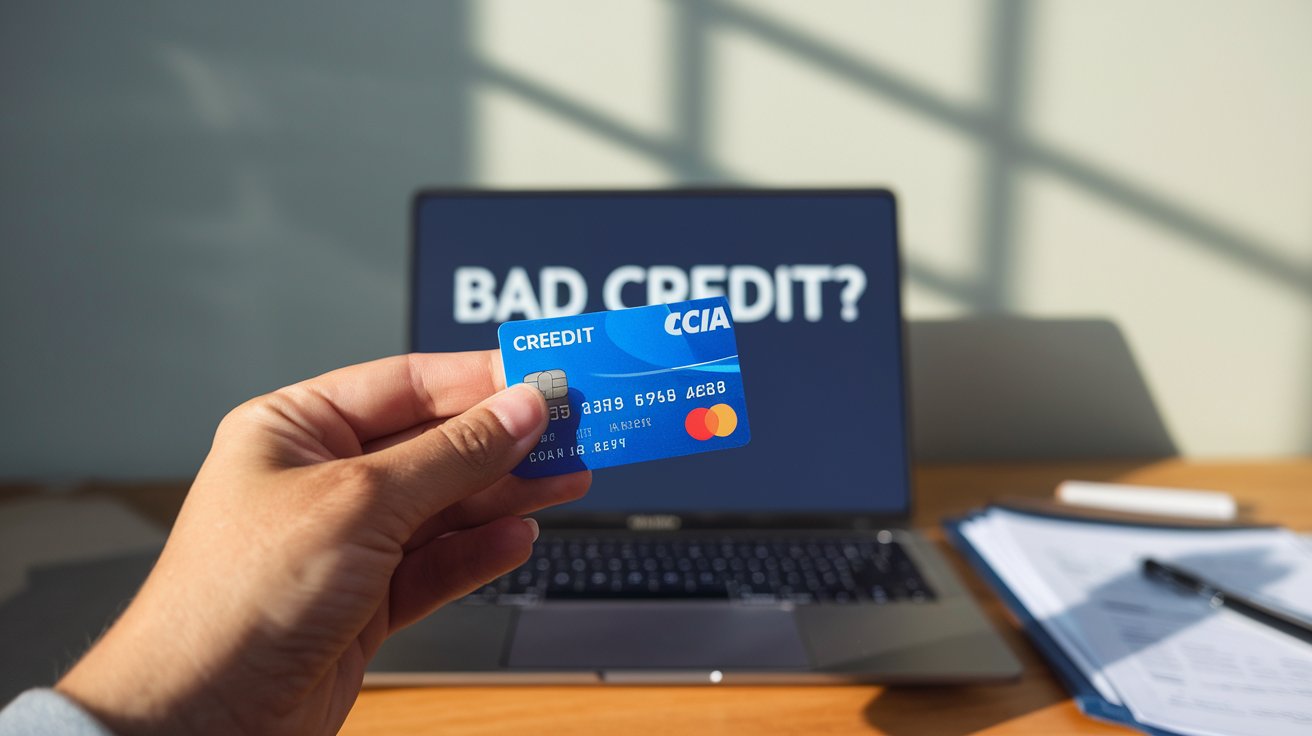
Understanding Your Credit Card Options When Your Credit Needs Work
Having less-than-perfect credit doesn’t mean you can’t get approved for a credit card. Today’s market offers several instant approval options specifically designed for those working to rebuild their credit. Let’s explore your best choices and how to use them effectively.
Secured Credit Cards: Your Most Reliable Option
Secured credit cards represent one of the most accessible paths to credit building. These cards require a security deposit that typically becomes your credit limit. While “secured” might not sound ideal, these cards report to major credit bureaus and can help establish a positive credit history when used responsibly.
Store Credit Cards: An Alternative Path
Many retail stores offer credit cards with more lenient approval requirements. While they often come with higher interest rates, they can serve as stepping stones to better credit products. Just be mindful of their limited usability and focus on making timely payments.
Digital-First Credit Cards: Modern Solutions
Financial technology companies have introduced innovative credit cards that look beyond traditional credit scores. These cards may consider factors like income and bank account history, making approval more accessible for those with challenged credit.
Important Features to Consider
Credit Reporting
Ensure your new card reports to all three major credit bureaus. This reporting is crucial for building your credit score over time.
Fees and Charges
Watch out for:
- Annual fees
- Monthly maintenance fees
- Application fees
- Processing fees
While some fees are unavoidable with bad credit cards, compare different options to minimize costs.
Graduation Paths
Look for cards offering a clear path to upgrade to better terms or unsecured products after demonstrating responsible use.
Using Your Card Responsibly
Payment History Matters Most
Make every payment on time. Set up automatic payments if possible, as payment history accounts for 35% of your FICO score.
Keep Utilization Low
Try to use no more than 30% of your available credit. This shows lenders you can manage credit responsibly.
Monitor Your Progress
Many cards offer free credit score monitoring. Use this tool to track your improvement over time.
Building Long-Term Credit Health
Create a Budget
Before applying, ensure you can afford any fees and monthly payments. A budget helps prevent overextension.
Start Small
Begin with modest purchases you can pay off completely each month. This helps establish positive payment history without risking debt accumulation.
Look Ahead
As your credit improves, research options for transitioning to cards with better terms and rewards.
Common Myths About Bad Credit Cards
Don’t let misconceptions hold you back. Many believe bad credit means no credit card access, but numerous options exist. While terms may not be ideal initially, responsible use can lead to better opportunities.
Working Toward Approval
Check Your Credit Report
Before applying, review your credit report for errors. Dispute any inaccuracies to potentially improve your approval odds.
Gather Required Information
Have ready:
- Social Security number
- Income information
- Housing costs
- Banking details
Consider Prequalification
Many issuers offer prequalification tools that won’t affect your credit score. Use these to gauge approval chances before formally applying.
Making the Most of Your New Card
Set Clear Goals
Define specific credit-building objectives and create a timeline for achieving them.
Track Spending
Use your card’s mobile app or online portal to monitor transactions and stay within budget.
Build Good Habits
Treat your credit card as a financial tool, not a source of extra spending money.
Looking to the Future
Remember, a bad credit card is temporary. With consistent responsible use, you can work toward qualifying for better cards with lower rates and valuable rewards programs.
Frequently Asked Questions
Q: How long does it take to get approved for a bad credit credit card?
A: Many cards offer truly instant decisions online, often within minutes of completing your application. However, if additional verification is needed, the process might take a few days. Secured cards typically have higher approval rates and faster decisions since they’re backed by your deposit.
Q: Will applying for multiple cards hurt my credit score?
A: Yes, each formal credit card application typically results in a hard inquiry on your credit report, which can temporarily lower your score. That’s why it’s important to use prequalification tools when available and to space out applications. Focus on applying only for cards you’re most likely to be approved for based on their stated credit requirements.

Leave a Reply